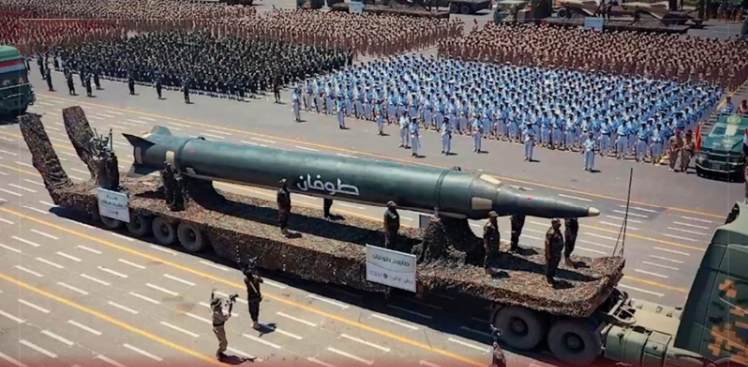“Haaretz” Admits U.S. and Israel Can’t Break Yemeni Resolve… Geography, Ideology, and Combat Experience Confound the Enemy
In a candid acknowledgment of the American–Israeli military failure to crush Yemeni willpower, Israeli daily Haaretz published on Tuesday an analytical article titled “Why Can’t Israel or the United States Defeat the Yemenis in Yemen?” Penned by Israeli commentator Yishai Halper, it examines the core reasons that have thwarted the aggression coalition—despite relentless airstrikes, blockades, psychological warfare, and advanced military technology—from subduing Yemen or degrading its capabilities.
Geography… An Impregnable Shield
Halper points out that Yemen’s formidable terrain—towering mountains, vast deserts, and an extensive coastline—renders any invading force incapable of securing decisive control. These natural features enable Yemeni fighters to perfect advanced guerrilla tactics and meld into the mountainous depths, straining the American–Saudi–Israeli coalition’s resources and morale.
Equally strategic is Yemen’s use of the Red Sea: by targeting vessels tied to the Israeli war effort, Yemen has transformed this critical maritime route into a chokepoint, establishing an unanticipated deterrent balance.
Battle-Hardened Expertise
The article highlights the combat experience Yemenis have accrued over nine years of conflict. Initially on the defensive, they have transitioned to offensive operations—manufacturing drones, ballistic and cruise missiles, and devising sophisticated naval and aerial tactics.
Halper observes that the precision strikes Yemen has carried out—whether in the Red Sea or deep inside occupied Palestine—signal an unprecedented leap in military performance, demonstrating highly coordinated planning and execution under the strain of economic and logistical blockade.
Ideology and Resolve… The Pillars of Resistance
A third critical factor, the author argues, is the “Yemeni resistance mindset”: a doctrinal and cultural determination to repel invaders, underpinned by profound faith in the justice of their cause. “Since the outset of the Gaza war, the Yemenis have never ceased launching missiles and drones in support of Hamas,” he writes, “a display of ideological commitment that outweighs mere political calculation.”
He adds: “What began as skeptical dismissal of Yemeni threats has evolved. After more than eighteen months of conflict, no one dares ignore their role or reduce them to a marginal actor.”
A Moral and Political Victory
While the Haaretz piece concentrates on technical and strategic dimensions, it implicitly acknowledges a political and moral defeat for the U.S. and Israel. No amount of air raids, sanctions, or media blackouts has broken Yemeni determination. On the contrary, Sana’a has bolstered its geopolitical standing, imposed its terms on Red Sea dynamics, and secured a seat among the Resistance Axis alongside Hezbollah in Lebanon and Palestinian and Iraqi factions.
Shockwaves in Israeli Circles
This media admission in Israel has fueled anxiety among military and security elites, who now recognize that Yemeni operations threaten Israel not only by land and sea but from unexpected quarters. Many analysts argue that Israel’s delayed acknowledgment of the Yemeni threat stemmed from strategic hubris and an underestimation of Yemen’s long history of repelling invaders—from Crusader armies to British colonial forces—making today’s “Yemeni surprise” a harsh reality check for a military establishment accustomed to relying solely on technological superiority.
Conclusion
The Haaretz article marks a paradigm shift in Israel’s perception of Yemen: from a peripheral troublemaker to a pivotal strategic actor capable of military, economic, and security disruption. Over the past nine years, Yemen—driven by steadfast leadership and popular will—has proven that it is far more than a troubled land; it is a liberation and resistance project impervious to American and Israeli military tools.
If air campaigns have failed, blockades have faltered, and media smears have backfired, it underscores that today’s battle hinges on popular consciousness, national resolve, and historically rooted resistance—elements that no amount of force can uproot. As the article itself concedes, “An Israeli withdrawal from Gaza or regional settlement will not alter Yemen’s equation; the Yemenis have become an ascending power that cannot be ignored.”

